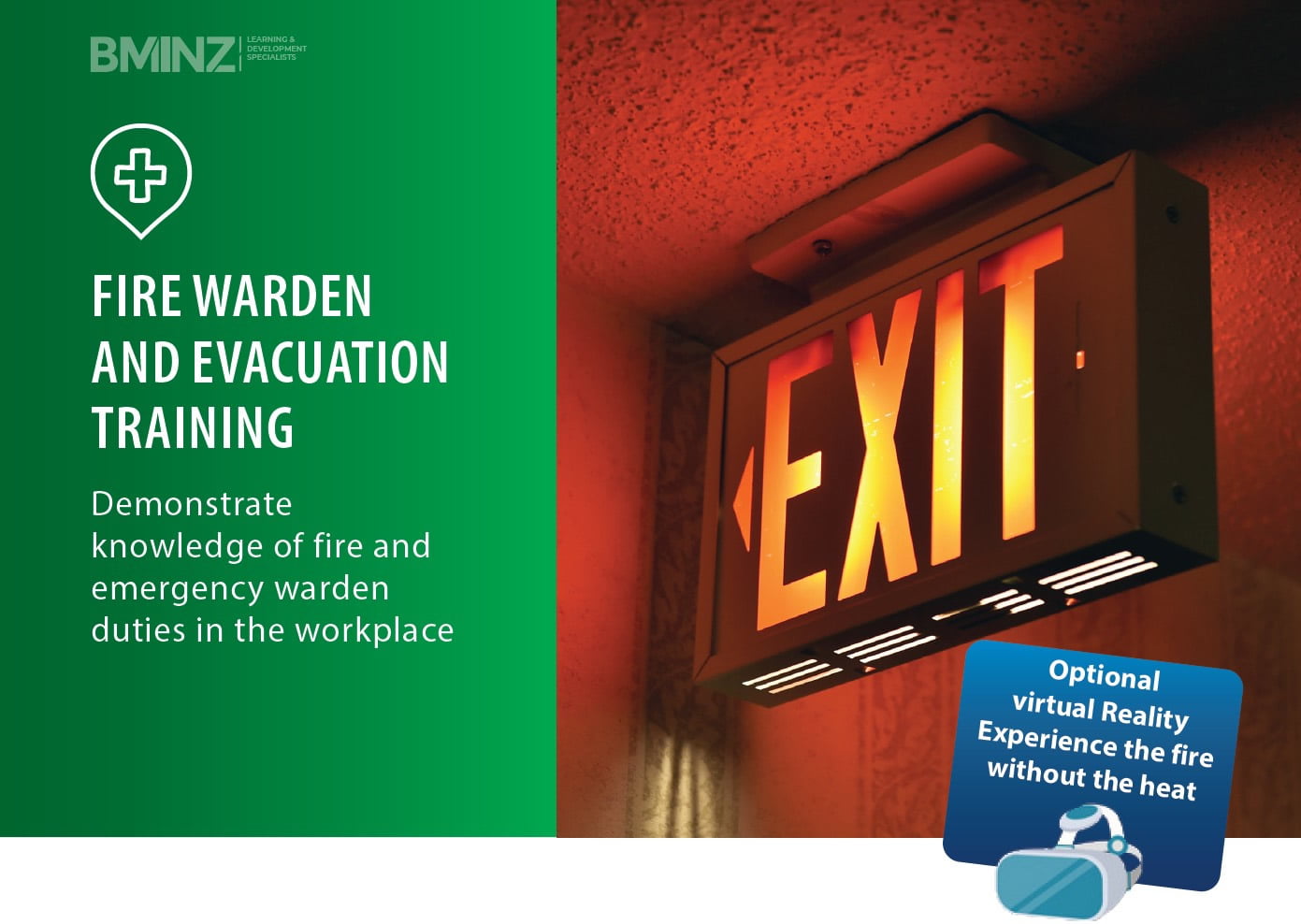Mastering Fire Safety Compliance: Training for Corporate Spaces
Mastering Fire Safety Compliance: Training for Corporate Spaces
Blog Article
Fire safety is a critical concern for any business operating in the United States.
We’ll explain why training matters, how to prepare for inspections, and what best practices help businesses stay compliant year after year.
Read on to discover the key components of fire safety compliance.
Why Fire Safety Matters in US Offices
According to the National Fire Protection Association (NFPA), thousands of commercial fires occur each year, causing billions in property damage and tragic losses of life.
Investing in proper fire safety measures is not just about meeting legal codes; it’s about creating a culture of care and preparedness.
In the US, workplace fire safety is regulated by a mix of national standards (like NFPA guidelines) and local fire codes.
What Is Fire Warden Training in the US?
In the US, fire warden (sometimes called fire brigade) training equips designated employees with the knowledge and skills to lead evacuations, assist during emergencies, and communicate effectively with first responders.
Employers are responsible for selecting suitable fire wardens and ensuring they receive regular training updates.
Look for programs aligned with OSHA standards, NFPA guidelines, and local fire codes.
Steps to Pass Fire Safety Inspections
These certifications confirm that the office has adequate fire alarms, extinguishers, evacuation plans, signage, and trained personnel in place.
Review your emergency action plan, ensuring it’s accessible and clearly communicated to all staff members.
Keep detailed maintenance records, update training logs, and perform regular fire drills to stay prepared.

Best Practices to Maintain Fire Safety Year-Round
Fire safety isn’t just about passing inspections—it’s about maintaining vigilance every day.
Post updated evacuation maps in visible locations, especially near elevators, stairwells, and communal areas.
When fire safety becomes part of the daily routine, employees are more confident, better prepared, and less likely to panic during a real event.
Why Compliance Matters for Liability and Coverage
Non-compliance can lead to fines, lawsuits, business license suspension, or even criminal liability if negligence results in harm.
In the event of a fire, inadequate documentation or proven negligence may result in denied claims, leaving businesses to cover damages out of pocket.
By prioritizing fire safety, businesses demonstrate responsibility and reduce the risks of costly legal and financial setbacks.

Final Thoughts on Office Fire Safety
Whether you run a small office or a large corporate campus, robust fire safety strategies are a non-negotiable part of doing business.
Fire safety readiness is a powerful signal of professionalism and care.
As fire risks evolve and workplace environments change, staying proactive is essential.
Your Questions Answered: Fire Safety in US Businesses
Who needs fire warden training in a US office?
However, all employees should receive basic fire safety orientation and know evacuation procedures.
What is the renewal period for fire safety compliance?
Some certifications also need updates after renovations, equipment changes, or occupancy shifts.
What triggers most workplace fires in the US?
Good housekeeping and equipment maintenance are key to fire prevention.
How does fire safety affect insurance coverage?
Failing to meet these standards may reduce payout or lead to denied claims in case of a fire.
What should be included in an office fire safety plan?
It should be clearly communicated, posted in visible areas, and reviewed regularly with staff.
riscos de incêndio visite o link legislação de incêndio no Brasil Report this page